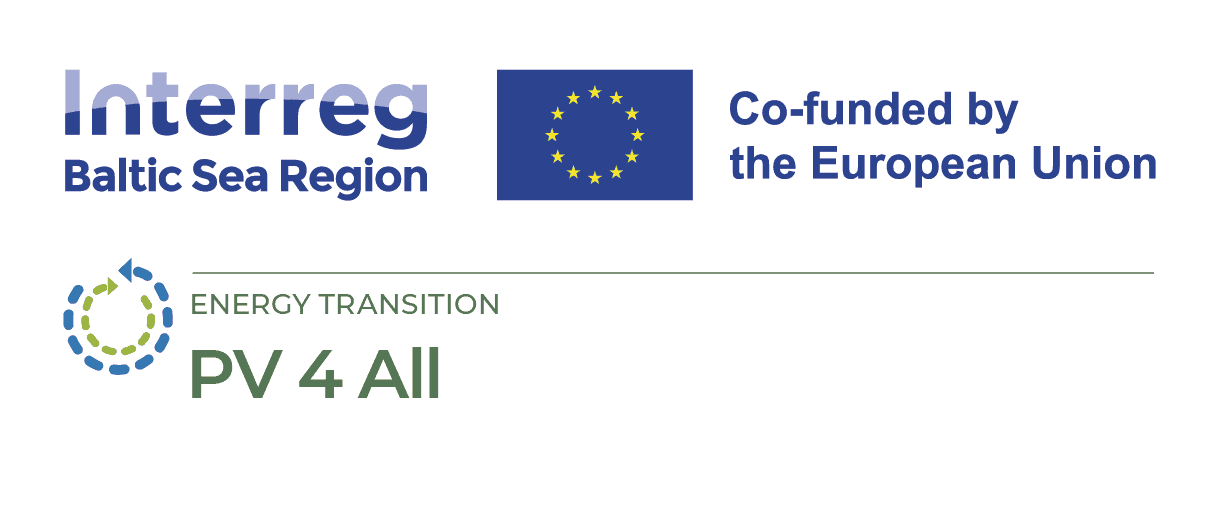
PV4All in Hamburg: How to bring solar expertise into social neighbourhood development
10 March 2023
The neighbourhood development team of the Lawaetz Foundation works within the framework of the Hamburg “Framework Programme for Integrated Urban District Development (RISE)” in seven districts of Hamburg. The Hamburg Energy Guides (‘Hamburger Energielotsen’) represent Hamburg’s independent energy advice service, which is available to all building owners, homeowners, tenants and also tradespeople at various points in the city. The Energy Guides offer free advice on the use of renewable energy in buildings and energy-efficient construction, funded by the Hamburg Authority for the Environment, Climate, Energy and Agriculture.
However, the Hamburg Energy Guides and their consultations have a limited capacity, which makes outreach work into specific neighbourhoods almost impossible. It is therefore a big potential to work together with the neighbourhood officers of Lawaetz to reach other target groups, approach them more actively and to involve more people in the energy transition.
The two-hour meeting included a presentation of the PV4All project and the work of the two institutions. Afterwards there was enough time to discuss possible cooperation in the field of small-scale PV in three small groups. The main questions for the discussion in smaller groups was: How can we join forces to promote the expansion of solar installations in the areas of the social development program?
Under this topic, more concrete questions were discussed:
– Which information and counselling formats are helpful to reach different target groups? (e.g. owners of single-family homes, institutions in the neighbourhood, tenants).
– What know-how is needed here and which cooperation partners are relevant?
– Which already established services of both institutions can be combined? (e.g. neighbourhood offices & district advisory boards, group consultations & exhibition of the Hamburg Energy Guides).
In three discussion rounds, obstacles to the expansion of solar systems, especially plug-in PV, were discussed and possible measures and actions to counteract these effects were outlined. One of the main findings was that especially the housing associations should be approached to overcome constraints in order to enable tenants to install their own solar systems before the tenants themselves are engaged.
Following the meeting, the collected approaches will be sorted by the PV4All team and shaped into further steps in order to implement and test different approaches in the further course of the project. We will report on the further implementation steps in this news section.





